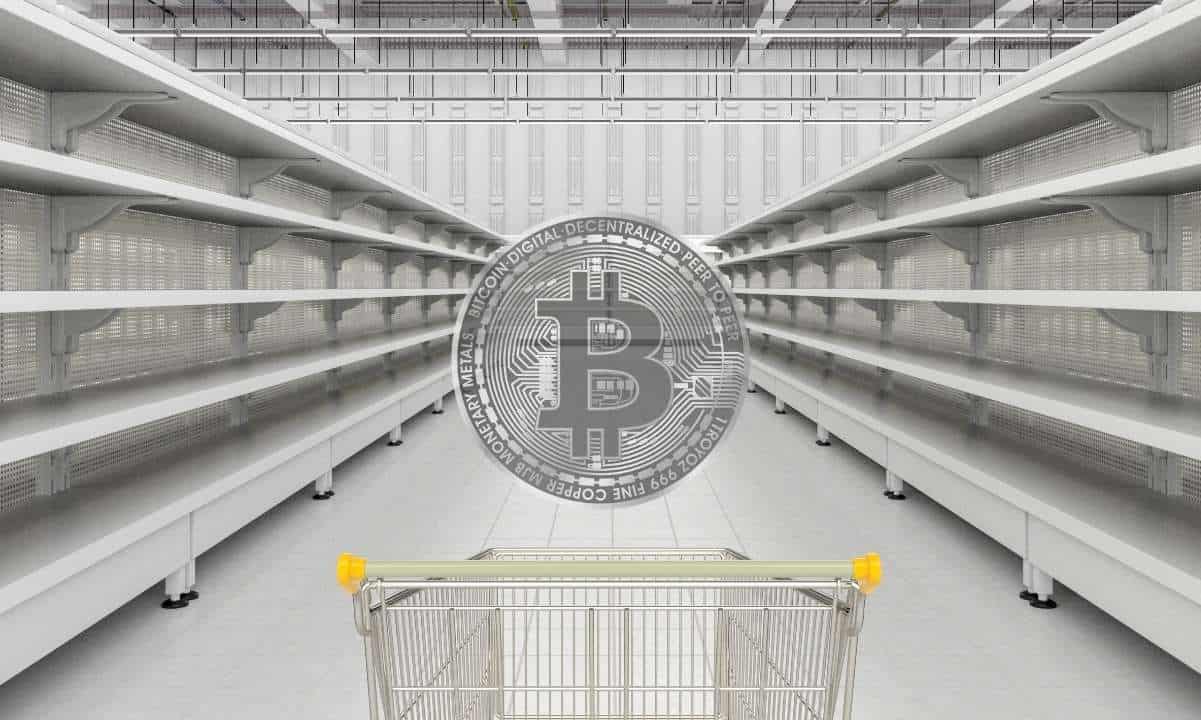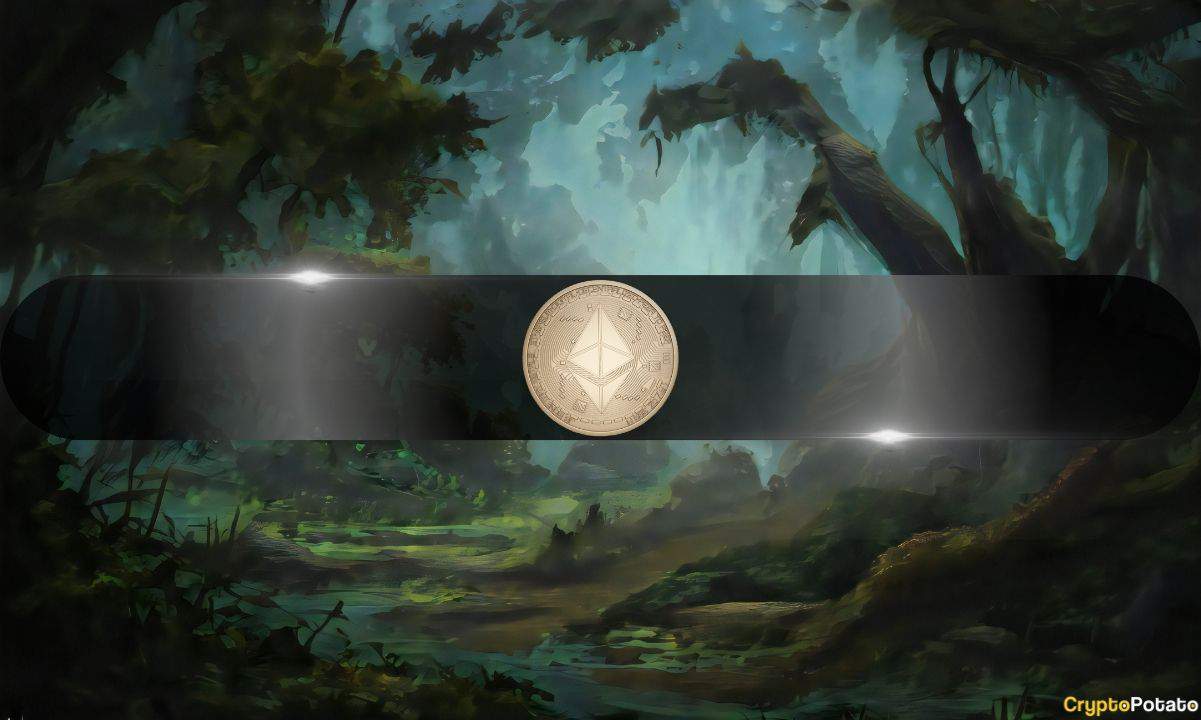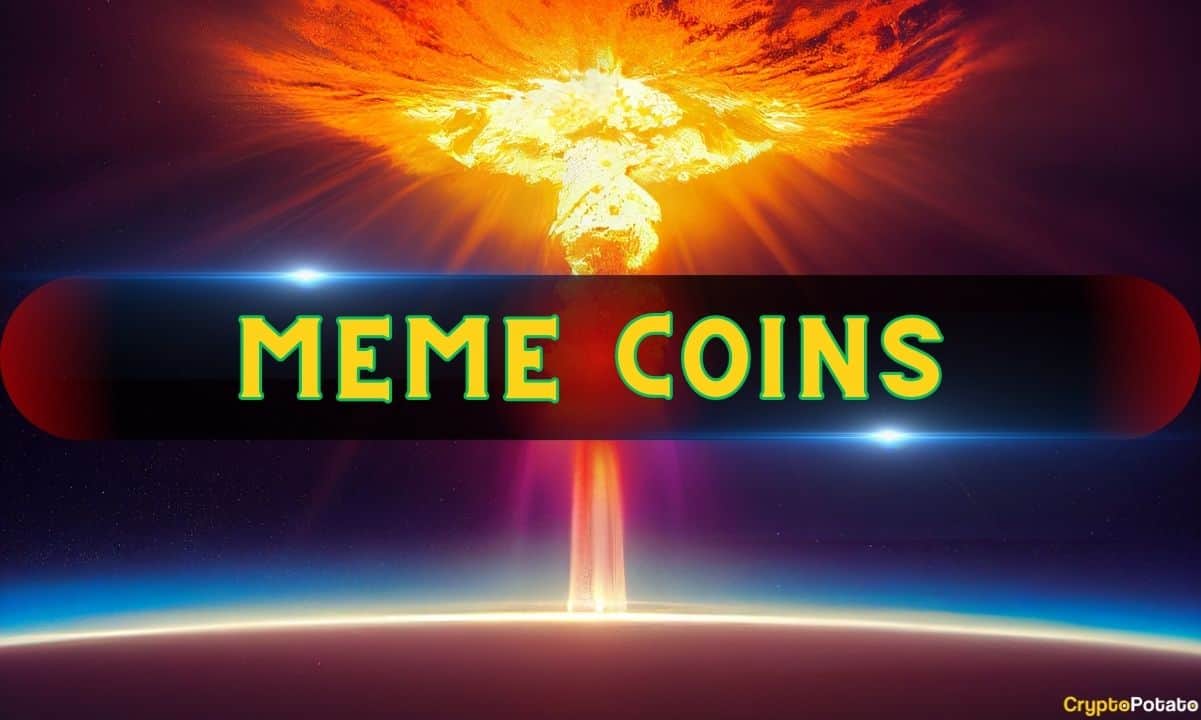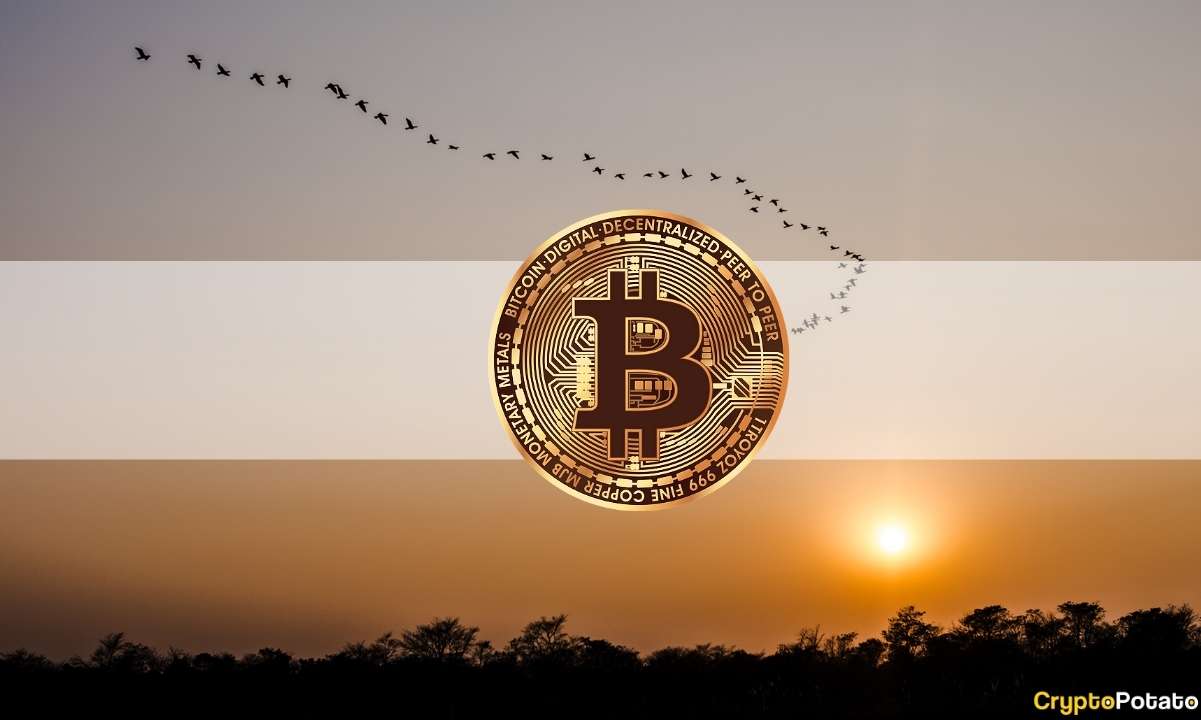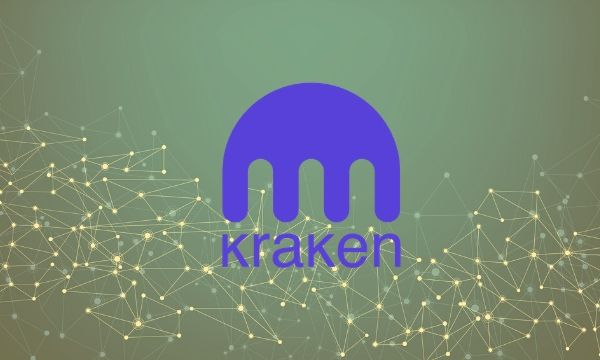From Space Invaders To Spores Network: The Evolution of Gaming Into Play to Earn
Ever since the inception of video games, players have had to spend money to play them. Even for those born in the 90s onwards, there has been a collective nostalgia in our heads of what the 80s were like, due to its ongoing influence in popular culture.
Most in the western world have grown up seeing imagery in the media of young teenagers at the arcade, putting quarters into a machine to play Space Invaders, Pac-Man, Frogger, or Asteroids. Even now, most Xbox, Playstation, and Nintendo games are bought before being played.
Free to Play: How it Started
The next stage in gaming’s evolution came about with games that were free to play. Early iterations of this included internet-based MMORPG games such as the massively popular Runescape, which was first released almost 20 years ago back in January 2001.
In recent years, the advent of mobile gaming paved the way for wildly successful free games such as Clash of Clans and Fortnite Battle Royale. What Fortnite did extremely well is offer players a premium gaming experience for nothing while still monetizing its audience.
The free-to-play model got people downloading the game – since it was free, there was nothing to lose by simply trying it. Then, those who came to love the game could buy an optional Fortnite “Battle Pass,” which would enable them to level up their character and unlock items.
Counter-Strike GO is an example of a game that was cheap to buy at first but then eventually became free to download and made most of its money through in-game purchases. As for Clash of Clans, this also free-to-download mobile game was reported to have been pulling in a shocking daily revenue of 1.56 million dollars per day back in 2015. Despite being a free and relatively simple game, part of Clash of Clans’ success is due to it being complex enough to have garnered a community of devoted fans. It is this community aspect of gaming that has facilitated the growth of the next step in its evolution – play-to-earn.
Play-to-Earn: How’s it Going
Prior to the play-to-earn model being established, there was a demand for the gamers to make money from games, as opposed to gaming companies being the only ones able to monetize. Unregulated sales of Clash of Clans accounts and the trading of FIFA tokens took place long before the play-to-earn model was an option.
Eventually, FIFA banned such activity, and Clash of Clans developer Supercell was never directly involved in such transactions. Today, in response to this demand, we are seeing games that provide a clear line of incentive when it comes to the enabling of gamers who want to monetize their gameplay.
The biggest example is Axie Infinity, a blockchain-based game in which users breed NFT creatures known as Axies and “farm” a native cryptocurrency called SLP (Smooth Love Potion) in order to earn money. Since the Axie NFTs required to play can be expensive, this is an area where the community aspect of the gaming world has truly achieved. Play-to-earn gaming “guilds” or communities exist to help new and willing players of these types of games. Belonging to a guild provides gamers with the NFTs and training needed to begin earning from the respective game in exchange for a split in the gamer’s revenue.
Play-to-earn games are launched within larger NFT ecosystems, which may have multiple uses outside of gaming. Spores Network is one instance of an NFT project whose platform incorporates the facilitation of launches for play-to-earn games. In addition to its ecosystem being powered by a curated marketplace in the realms of art and entertainment, the platform will also house a store dedicated to GameFi.

This GameFi store is being seeded with 10 games in early Q1 2022 and has a schedule of 2 new games per month ongoing. Spore’s GameFi Launchpad is dedicated to launching high-quality P2E games through INOs and their in-game assets – including land transport, weapons, skills, character sales, and more. Furthermore, Spores Game Publishing Platform has created a GameFi incubator that invests in GameFi IDOs and operates blockchain game studios with venture capital style support across marketing, operations, and tech advisory functional areas of expertise.
What makes Spores Network attractive as an NFT ecosystem is that its marketplace encourages cross-pollination across verticals. Therefore, if any artists who join the platform want to get into games, Spores can help provide the connective tissue.
Industry Adaptation
The gaming industry has seen many changes and has significantly advanced over the past few decades. Businesses that struggle to meet and react to the needs of their users tend to falter and disappear, but gaming as a whole has shown that it is open to adaptation. The adaptation of an industry for the benefit of its end-user is commendable, and the play-to-earn model is a modern culmination of a new wave of positive, community-focused business in this new world of blockchain technology.


